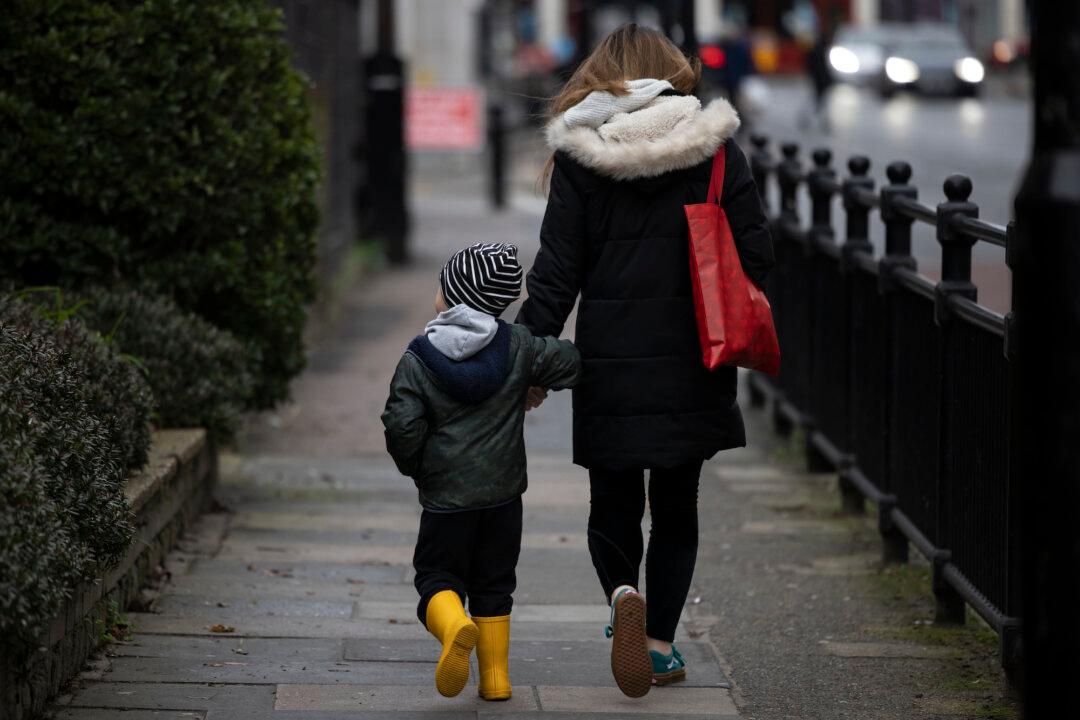Pupils in England will once again have to quarantine when their classmates test positive for COVID-19, as the government hits pause on its plan to instead rely on rapid daily tests.
A minority of children are still attending school, exempt from current lockdown laws that otherwise mandate home learning.





